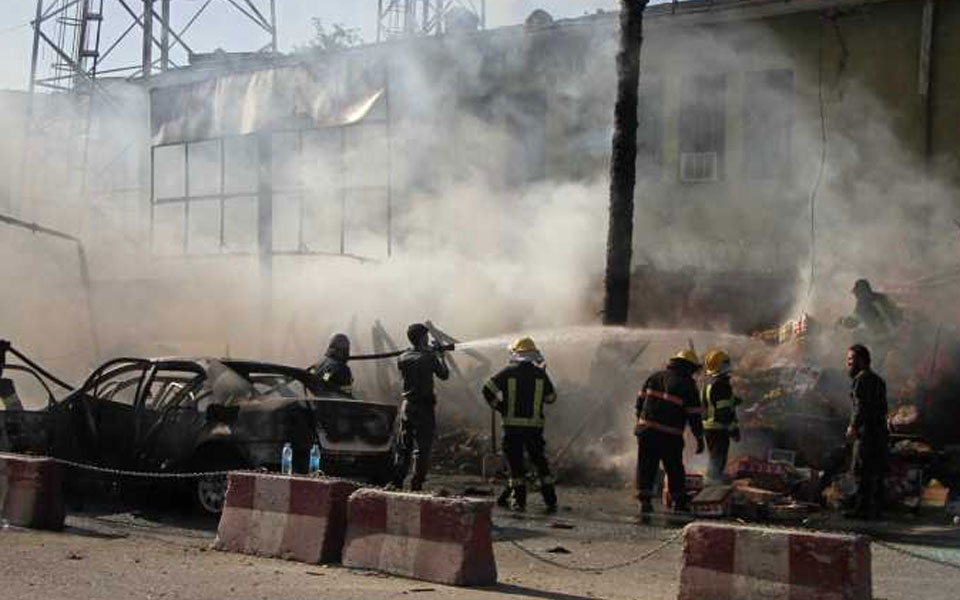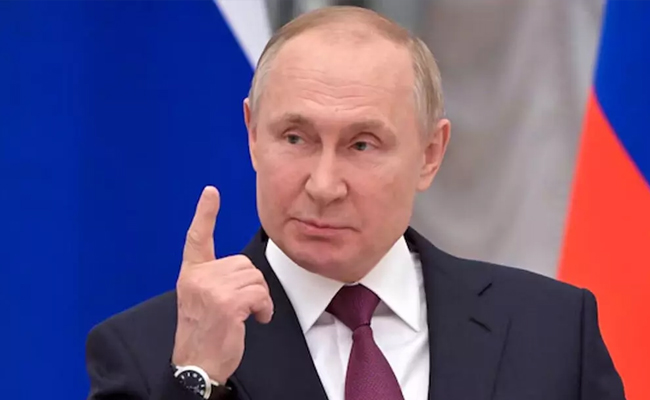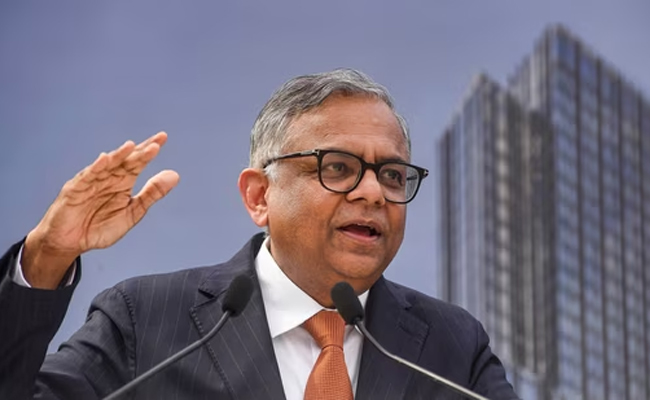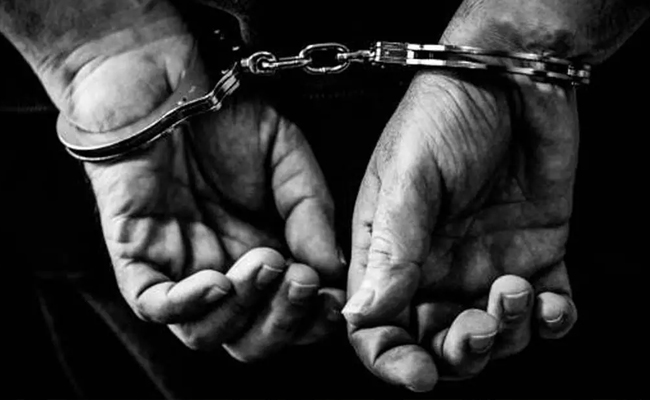Kabul, July 15 : A total of 1,692 Afghan civilians were killed due to conflicts and terrorist attacks in the first half of this year, hitting a record high, a UN mission said on Sunday.
"Latest figures released today by the UN Assistance Mission in Afghanistan (UNAMA) show continuing record high casualty rates being inflicted on the Afghan civilian population by the warring parties" Xinhua news agency quoted the mission as saying in a statement
"Covering the period from January 1 to June 30, findings include the killing of more civilians in the first six months of this year - 1,692 deaths - than at any comparable time over the last 10 years since records have been kept."
The UN mission started to monitor the situation of civilians and coordinate efforts to ensure their protection in 2009.
A total of 3,430 civilians were also injured during the period. Improvised explosive devices (IEDs) was the leading cause of civilian casualties.
"The combined use of suicide and non-suicide IEDs caused nearly half of all civilian casualties," the statement said.
Ground engagements were the second leading cause of civilian casualties, followed by targeted and deliberate killings, aerial operations and explosive remnants of war, according to the report.
The mission has attributed 67 per cent of the civilian casualties to the Taliban and other insurgent groups, 20 per cent to security forces over the period while the rest were unattributed or caused by other reasons.
The UNAMA also renewed its call to the conflicting parties to increase efforts to protect the civilian population and encouraged them to work towards reaching a peaceful settlement.
Let the Truth be known. If you read VB and like VB, please be a VB Supporter and Help us deliver the Truth to one and all.
Moscow (PTI): Russian President Vladimir Putin is making all possible efforts to de-escalate the crisis in the Gulf and is in close contact with the regional leaders as Iran is retaliating with massive strikes on the US facilities and infrastructure on their territories, the Kremlin said on Tuesday.
The US and Israel launched joint strikes against Iran on Saturday, assassinating 86-year-old Supreme Leader Ayatollah Ali Khamenei, alongside family members, including his daughter and grandchildren. Since then, Iran has targeted multiple US bases in the surrounding Gulf States.
"Putin will certainly make every effort to facilitate at least a minor easing of tensions. In this regard, we discussed with virtually all of our interlocutors yesterday," the Kremlin spokesman Dmitry Peskov said.
"Taking advantage of the dialogue we maintain with the Iranian leadership, (President) Putin will convey his deep concern regarding the strikes on their infrastructure to our colleagues in Iran," he added.
According to the Kremlin, Putin spoke by telephone with leaders of Bahrain, Qatar, the UAE, and Saudi Arabia.
In his telephonic conversation with Crown Prince and Chairman of the Council of Ministers of the Kingdom of Saudi Arabia, Mohammed bin Salman, Putin discussed the escalating situation in the region as a result of the American-Israeli armed aggression against Iran.
“Both sides expressed serious concern over the real risks of escalation of the conflict, which has already affected several Arab countries and is fraught with catastrophic consequences. In this context, Vladimir Putin underscored the urgent need to resolve the current extremely dangerous situation through political and diplomatic means,” the Kremlin said.
On Monday, Putin also had telephonic contacts with the King of Bahrain, Hamad bin Isa Al Khalifa, who currently chairs the Gulf Cooperation Council, Emir of the State of Qatar, Tamim bin Hamad Al Thani, and President of the United Arab Emirates, Mohammed bin Zayed Al Nahyan.
“Exchange of views was held regarding the unprecedented escalation around Iran as a result of US and Israeli aggression, which is bringing the entire region to the brink of a full-scale war with unpredictable consequences. Sides underscored the need for a swift cessation of hostilities to prevent the situation from spiralling completely out of control and to return it to a political and diplomatic framework,” the Kremlin said.
The current developments, in particular, threaten the security of many Arab states with which Russia maintains friendly relations.
Given this, President Putin reaffirmed Russia's readiness to use all available means to actively contribute to stabilising the situation in the region, the Kremlin said, adding that contacts with the Gulf leaders will continue.





